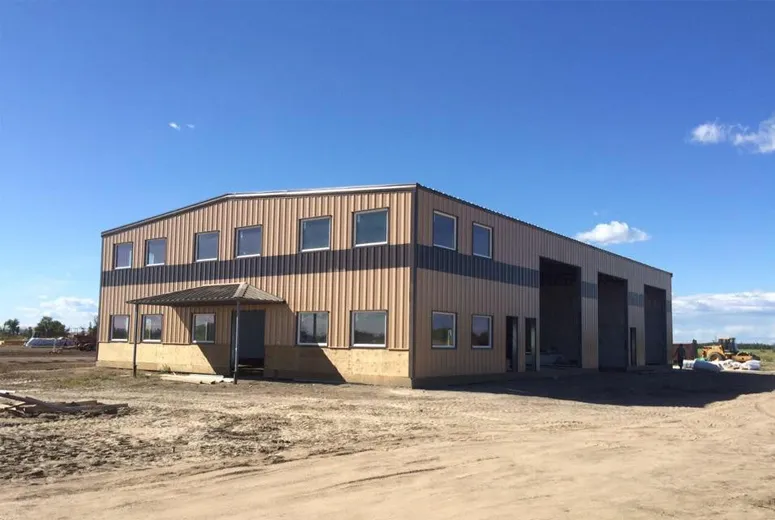- Afrikaans
- Albanian
- Amharic
- Arabic
- Armenian
- Azerbaijani
- Basque
- Belarusian
- Bengali
- Bosnian
- Bulgarian
- Catalan
- Cebuano
- Corsican
- Croatian
- Czech
- Danish
- Dutch
- English
- Esperanto
- Estonian
- Finnish
- French
- Frisian
- Galician
- Georgian
- German
- Greek
- Gujarati
- Haitian Creole
- hausa
- hawaiian
- Hebrew
- Hindi
- Miao
- Hungarian
- Icelandic
- igbo
- Indonesian
- irish
- Italian
- Japanese
- Javanese
- Kannada
- kazakh
- Khmer
- Rwandese
- Korean
- Kurdish
- Kyrgyz
- Lao
- Latin
- Latvian
- Lithuanian
- Luxembourgish
- Macedonian
- Malgashi
- Malay
- Malayalam
- Maltese
- Maori
- Marathi
- Mongolian
- Myanmar
- Nepali
- Norwegian
- Norwegian
- Occitan
- Pashto
- Persian
- Polish
- Portuguese
- Punjabi
- Romanian
- Russian
- Samoan
- Scottish Gaelic
- Serbian
- Sesotho
- Shona
- Sindhi
- Sinhala
- Slovak
- Slovenian
- Somali
- Spanish
- Sundanese
- Swahili
- Swedish
- Tagalog
- Tajik
- Tamil
- Tatar
- Telugu
- Thai
- Turkish
- Turkmen
- Ukrainian
- Urdu
- Uighur
- Uzbek
- Vietnamese
- Welsh
- Bantu
- Yiddish
- Yoruba
- Zulu
Aug . 20, 2024 01:04 Back to list
The Significance of Farm Sheds in Industrial Agriculture
In recent years, the agricultural landscape has undergone significant transformations driven by advancements in technology and industrial practices. Among the key components of modern farming infrastructures, farm sheds have emerged as indispensable assets. These structures not only enhance operational efficiency but also contribute to the sustainability and productivity of agricultural ventures.
Farm sheds, often referred to as agricultural sheds or storage barns, serve multiple purposes in an industrial farming context. Primarily, they provide essential storage space for equipment, feed, and harvested crops. In an industry where time is of the essence, having a dedicated space for tools and machinery minimizes downtime during critical farming operations. Whether it’s seeders, plows, or modernized irrigation systems, these pieces of equipment are costly investments, and their maintenance is crucial for maximizing returns.
The Significance of Farm Sheds in Industrial Agriculture
In the context of industrial agriculture, a well-structured farm shed is also a hub for processing operations. With the rise of value-added products, many farms are diversifying their offerings, transforming raw materials into market-ready products. Farm sheds equipped with the necessary facilities for processing, packaging, and storing these products allow farmers to tap into new markets. For instance, fruit growers can establish a small processing unit within their shed to create juices, jams, or dried fruits, improving profitability and reducing waste.
farm shed industrial

Additionally, the rise of precision agriculture highlights the importance of technology in modern farming. Many industrial farms now incorporate smart technology into their operations, including sensor systems for monitoring crop health and climate conditions. Farm sheds can be equipped with tech that supports these innovations, such as charging stations for drones, storage for data analytics equipment, and areas for maintenance and repairs. This integration of technology helps farmers make informed decisions, optimizing yield while minimizing resource usage.
Environmental sustainability is another critical aspect that farm sheds contribute to in an industrial setting. Many modern farm buildings are designed with sustainability in mind, incorporating features like rainwater harvesting systems, solar panels, and energy-efficient lighting. This aligns with the broader agricultural industry’s movement toward eco-friendly practices, enabling farmers to reduce their carbon footprint and operate more responsibly.
Furthermore, farm sheds are essential in managing the workforce in industrial farming. With the human element still playing a crucial role in agriculture, sheds can serve as shelters for laborers during breaks, providing a welcoming environment. Additionally, facilities such as restrooms and changing areas can promote the health and well-being of workers, making agricultural jobs more appealing.
In conclusion, farm sheds are more than just storage solutions; they are multifunctional assets that play a pivotal role in the success of industrial agriculture. Their versatility in providing storage, processing, technological support, and sustainability ensures that farmers can operate efficiently, adapt to market demands, and thrive in an ever-evolving industry. As agriculture continues to industrialize, the significance of well-designed farm sheds will only grow, marking them as vital components in the future of farming.
-
How Do Prefabricated Steel Structures Transform Modern Construction?
NewsJul.14,2025
-
How Do Prefabricated Metal Buildings Redefine Modern Construction?
NewsJul.14,2025
-
How Do Prefab Insulated Metal Buildings and Steel Structures Revolutionize Modern Construction?
NewsJul.14,2025
-
How Do Pre - Engineered Steel Structures Redefine Modern Construction?
NewsJul.14,2025
-
Advancing Modular Construction with Prefabricated Metal Structures
NewsJul.14,2025
-
Advancing Industrial Infrastructure with Prefabricated Steel Solutions
NewsJul.14,2025
Products categories
Our Latest News
We have a professional design team and an excellent production and construction team.











